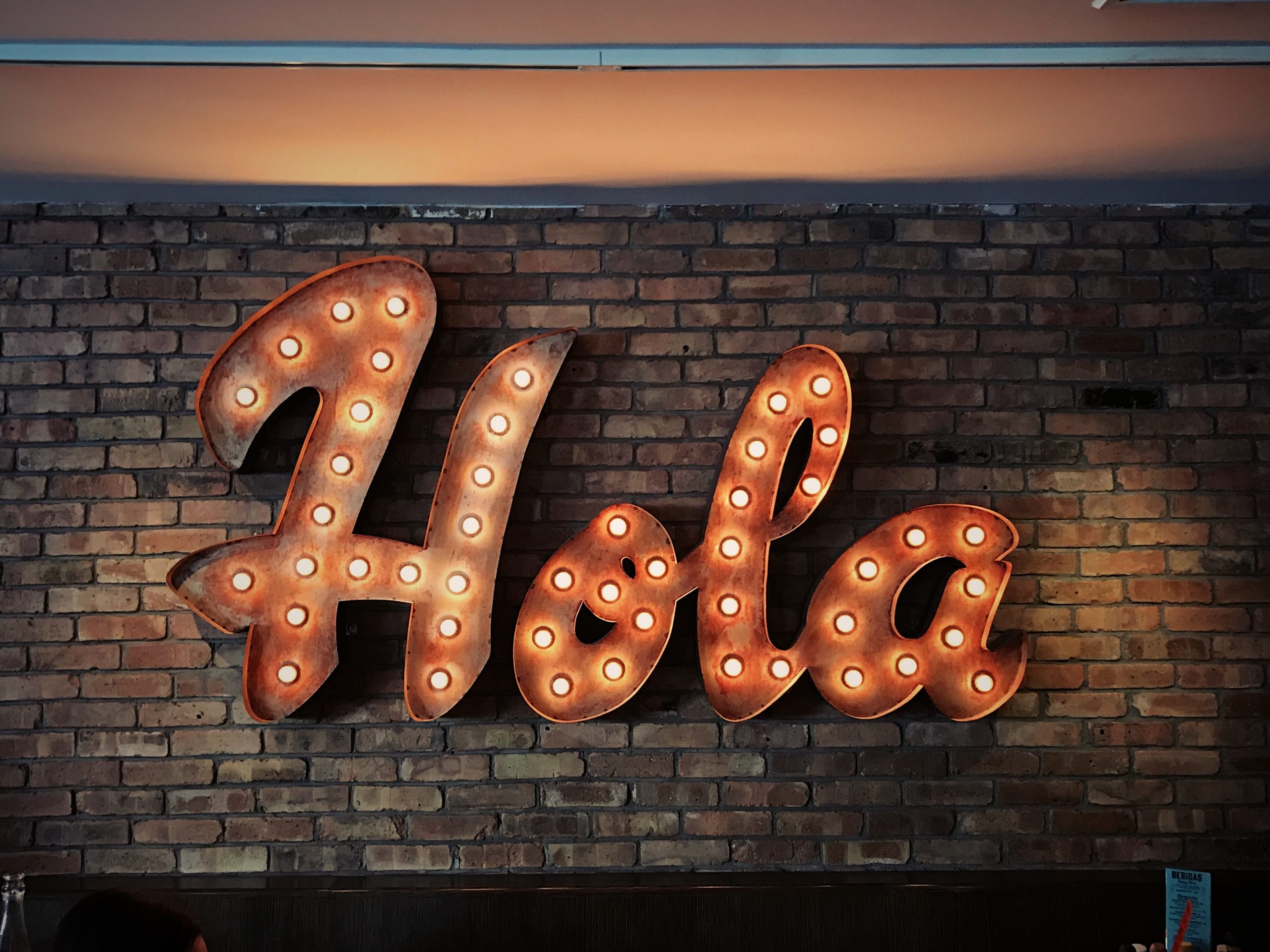The Hilaria Baldwin story is 2020 in one juicy circle in a spiral. You have a celebrity flailing in a way that we rarely see anymore; you have a media-sanctioned pile-on (it’s OK to mock her because she’s a celebrity!); you have an endless whorl of identity politics; and it’s all happening on Instagram.
For those of you who don’t know: Hilaria, wife of Alec Baldwin, is a woman who does yoga on Instagram and on talk shows, where she appears frequently with a Spanish accent. According to several articles and interviews, Hilaria has claimed to be from Spain. But as quickly became apparent over the last weekend in December, her claims to Spanish heritage boil down to, as one critic puts it, “her family are pilgrims with a vacation home in Mallorca.” She was raised in Boston, where she went by Hillary and spoke with no accent. As she and Alec have doubled down on her authenticity—saying she speaks with a more pronounced Spanish accent when nervous and that she never claimed to be born in Spain—Internet detectives have said, “Hold my beer,” and proceeded to unearth an endless assortment of embarrassing details, from Alec imitating her Spanish accent on a talk show to a report from their wedding and her joke that her family couldn’t pronounce her new surname.
I think there’s a very good case to be made that Hilaria’s—we’ll call it a willful misunderstanding—is a prime example of why identity politics has become a main point of focus for many. Regardless of the erstwhile accent or whether or not she really forgot the word “cucumber” in English, this is a woman who has appeared on the cover of Hola! Magazine and who has never corrected any publication for naming her to lists of Latinas.
But in many ways, Hilaria is the product of our social media times, both its exploiter and its victim. What we crave in our public figures is not professionalism, is not skill, is not even talent. We want authenticity. We want to see the world’s biggest stars and most powerful politicians appear on some late-night talk show’s couch to engage in “off-the-cuff” banter (read: carefully vetted by multiple publicists and management teams). We want to see Ben Affleck and Ana de Armas—two of the least “regular” people one can imagine based on bone structure alone—wearing sweats and walking in Los Angeles.
This demand for authenticity is why we exchanged socialites for influencers. Fifteen years ago, we worshipped at the altar of the gnomic and beautiful. Paris Hilton cooing, “That’s hot,” or Tinsley Mortimer’s life in the NYC gala circuit is what gripped our attention. We could never gain entrée into that world, so we eagerly gulped it down in tabloids and Gawker posts. But with the rise of social media and, in particular, the carefully curated, “This is the real me!” posts on Instagram, party-hopping got swapped for healthful living.
That kind of “We’re really not that different!” energy that influencers like Hilaria—who co-hosts podcast MomBrain and boasts 883,000 Instagram followers post scandal—leverage into followers and sponsors is why any stumble is ruthlessly analyzed. Unsurprisingly, after the obligatory pajama-clad apology video, Hilaria’s first post to her IG grid is a throwback of her breastfeeding a newborn while enjoying her own first post-childbirth meal: pizza. “Pizza!” we are meant to think. “Wow, I never would have believed a woman like Hilaria would crave pizza! Why, that’s so mundane and not healthy! She really is just like us!”
Where Hilaria took a surprising tact, particularly after a year filled with celebrity apologies, is that she and Alec doubled down on it all, shifting blame to The Media for making assumptions and then blaming her when those assumptions turned out to be false. As someone who has profiled celebrities for almost 20 years, I am confident in saying that no public figure’s management team would ever let stand an error like naming a white woman to a list of best-dressed Latinas. Those sorts of mistakes earn editors and reporters seething phone calls and scolding emails. Yet for whatever reason, Hilaria opted to cast herself as blameless, rather than shrug it all off as good old-fashioned American reinvention.
That’s why people like Madonna and Lindsay Lohan have spoken with adopted accents for years to genial mockery: No one expects the queen of reinvention or a troubled former starlet to be relatable. And let’s not forget that Ryan Gosling speaks in a fake Brooklyn accent because he thought it would make him sound tougher than his real, Canadian accent. I myself lost my Texas accent on purpose when I moved to New York City, because I had a fresh start and I made the choice to take full control of how I presented myself to the world. But when your entire brand is built on the democratization of motherhood, you’d better make sure your tildes are in order.




